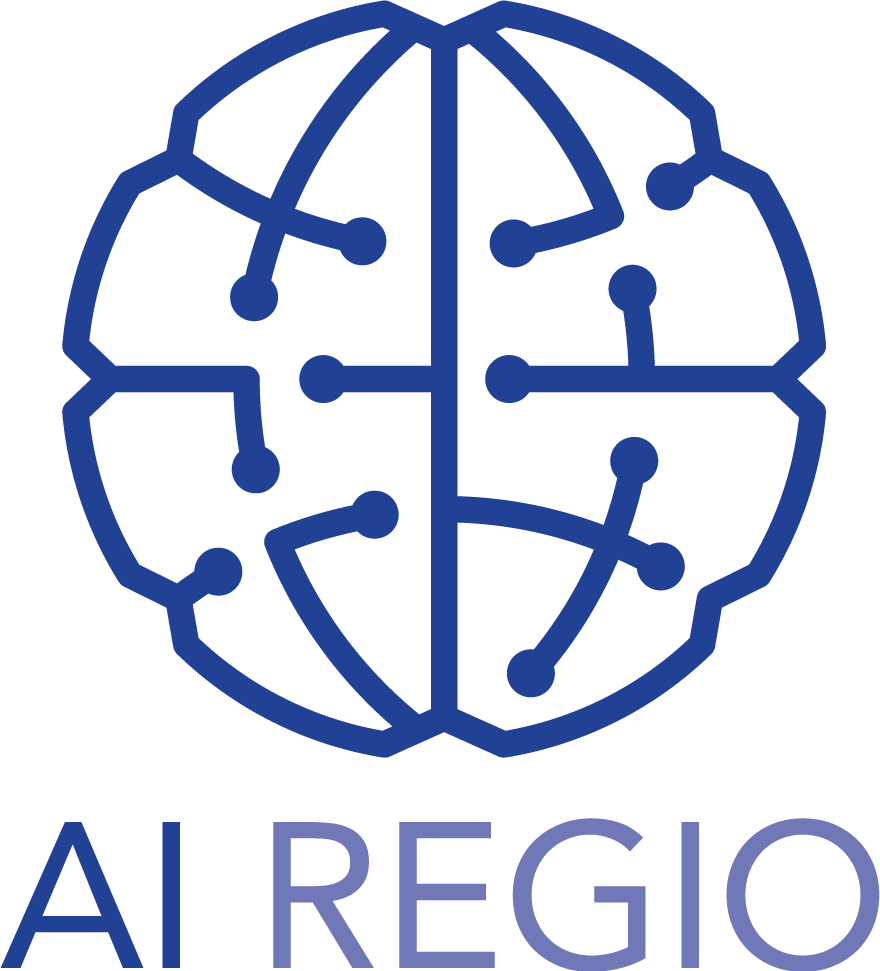Validation
Mini-Factory TERESA
The Mini-Factory is realised and developed by the Sustainable Production System (SPS) Lab of SUPSI. The activities of the SPS Lab focused on the development of human capital and the innovation of production systems and technologies through education activities at bachelor, master and employment levels, as well as through research, development and technology transfer activities concerning the life cycle of products and industrial processes, in the fields of design, automation and management of production systems and the relative value chains. Key research areas are Supply Chain & Operations, Human- Centred Workplaces, Sustainability and Personalisation, Simulation Technologies. SPS Lab has a twofold soul embodied by different teams pursuing the mission of innovating and digitalising processes by:
- adapting automation behaviour based on human factors and needs towards human-centred production systems;
- assessing and optimising processes to improve sustainability and promoting circular economy.
The Mini-Factory is a flagship and key asset of the Lab. It is a smart, automated, modular and multi-purpose learning factory empowered by the pervasive use of key digital technologies towards Industry 4.0 paradigm full implementation.
The Mini-Factory is equipped with both classical automation technologies (PLC, MES and SCADA programming, precision axes control and pneumatics), as well as advanced technologies, typical of the most advanced smart-factories (IoT, vision systems, simulation and digital twin, advanced measuring methods and smart production management systems, collaborative robotics, AGVs). From an RTD point of view, the factory functions as a pilot plant for research and applied industrial projects, on top of which applications and technologies are developed, tested and integrated.
The experiments will show different scenarios where a cobot and humans work together in various tasks (assembly, polishing, screwdriving) and with varying degrees of collaboration (separated and independent, sequential, synchronous, etc.). In some experiments, the humans will be equipped with wearables, allowing to collect data and monitor their conditions to show how humans’ features, if merged with factory entities and process’ features, can be used to improve both process performance and workers well-being. In this scenario, a Human Digital Twin is instantiated to manage data, integrate different AI modules, monitor and orchestrate the system. The twin is realised thanks to the Clawdite platform, a solution developed by the SPS Lab. This platform is designed to instantiate a single source of truth of production systems data, including workers-related ones. It offers a centralised access point that functional modules, including AI-based ones, can exploit to compute complex features, enriching the digital twin, or to make better decisions.
